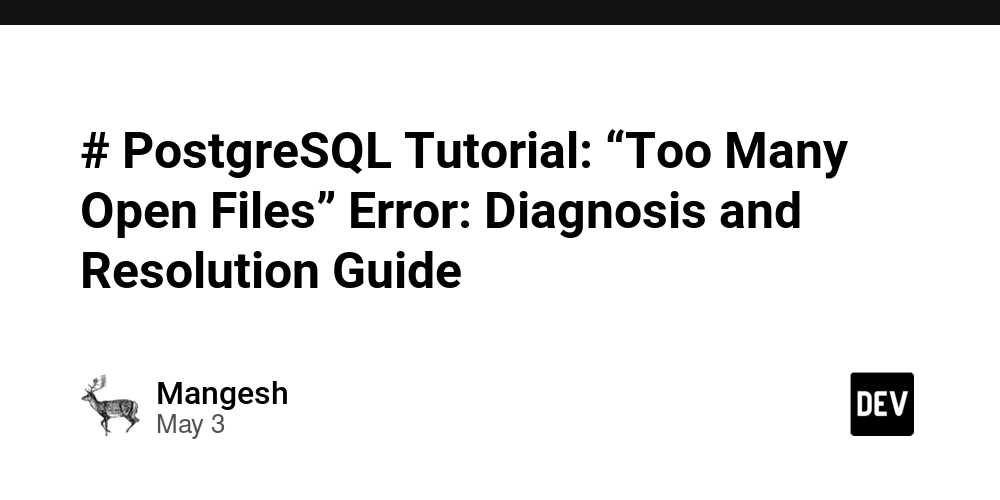How to Avoid Recursive Blocking Wait in Perl WebSocket Plugin?
Building storage plugins in Proxmox and TrueNAS has its challenges, especially with API interactions. Recently, TrueNAS moved to using WebSockets for its API, while Proxmox employs the AnyEvent framework for asynchronous events. If you're experiencing the dreaded AnyEvent::CondVar: recursive blocking wait attempted error while developing your Perl-based storage plugin, you're not alone. This article will walk you through the issue, provide insights into why it occurs, and suggest potential solutions to integrate your websocket client with Proxmox's AnyEvent loop. Understanding the Problem The fundamental challenge here arises from the synchronous nature of standard Perl code conflicting with the asynchronous event-driven architecture of the AnyEvent loop. Specifically, when you're interacting with the TrueNAS API, you're trying to make synchronous WebSocket requests using AnyEvent::WebSocket::Client. However, because Proxmox uses a non-blocking event loop, calling blocking operations such as $cv->recv can lead to errors like AnyEvent::CondVar: recursive blocking wait attempted. This occurs because when the AnyEvent loop is already running and you introduce a blocking call inside that loop, it creates a situation where the loop attempts to wait for an event while waiting for another event, leading to recursion and consequently the error. Solution: Using Callback Mechanisms To bridge the gap between the WebSocket client and your synchronous plugin implementation, you can utilize callback mechanisms or modify your approach to asynchronous programming. Here, we outline a step-by-step solution to resolve the blocking wait issue. Step 1: Set Up Your AnyEvent Loop First, ensure that your Proxmox plugin is properly set up with the AnyEvent loop running. Here’s an example of starting the loop: use AnyEvent; my $ae = AnyEvent->new; Step 2: Create the WebSocket Client Next, create an instance of the AnyEvent::WebSocket::Client to interact with the TrueNAS API as shown below: use AnyEvent::WebSocket::Client; my $client = AnyEvent::WebSocket::Client->new; Step 3: Using Callbacks Instead of Blocking Calls When you need to send a request to the TrueNAS API, use a callback function rather than blocking against a CondVar. This approach allows the AnyEvent loop to handle incoming messages while waiting for a response: my $url = 'ws://truenas.api/websocket'; $client->connect($url)->cb(sub { my $connection = eval { $_[0]->recv }; # Call the callback if ($@) { warn "Failed to connect: $@"; return; } # Perform authentication my $auth_request = { method => 'authenticate', params => [ 'user', 'pass' ] }; $connection->send(encode_json($auth_request)); $connection->on(each_message => sub { # Handle incoming messages my ($message) = @_; my $response = decode_json($message->body); handle_response($response); }); }); Here, the on(each_message => sub {...}) is how you receive messages without blocking the AnyEvent loop. If a response is received, it invokes handle_response, allowing you to manage the workflow effectively. Step 4: Define the Response Handling Method The handle_response function acts based on the API's response data, as shown: sub handle_response { my ($response) = @_; # Process the response accordingly print "Received response: ", encode_json($response), "\n"; } FAQs Can I use promises with AnyEvent? While the AnyEvent library does not support promises natively, you can implement similar behavior using callbacks, as described above. What if I still get the blocking error? Ensure that no other part of your code attempts to block the AnyEvent loop. Review all parts of your plugin to avoid synchronous calls. Conclusion By adapting your approach to use callbacks with AnyEvent::WebSocket::Client, you can effectively avoid errors like AnyEvent::CondVar: recursive blocking wait attempted. This method not only resolves the issue but also enhances the responsiveness of your API interactions, allowing your Proxmox storage plugin to operate seamlessly with the TrueNAS WebSocket API. Remember, embracing asynchronous programming in Perl may require a shift in mindset, but it's ultimately rewarding. The solution presented here should allow you to bridge the gap between synchronous and asynchronous operations effectively, enhancing your plugin's functionality. Happy coding!

Building storage plugins in Proxmox and TrueNAS has its challenges, especially with API interactions. Recently, TrueNAS moved to using WebSockets for its API, while Proxmox employs the AnyEvent framework for asynchronous events. If you're experiencing the dreaded AnyEvent::CondVar: recursive blocking wait attempted error while developing your Perl-based storage plugin, you're not alone. This article will walk you through the issue, provide insights into why it occurs, and suggest potential solutions to integrate your websocket client with Proxmox's AnyEvent loop.
Understanding the Problem
The fundamental challenge here arises from the synchronous nature of standard Perl code conflicting with the asynchronous event-driven architecture of the AnyEvent loop. Specifically, when you're interacting with the TrueNAS API, you're trying to make synchronous WebSocket requests using AnyEvent::WebSocket::Client. However, because Proxmox uses a non-blocking event loop, calling blocking operations such as $cv->recv can lead to errors like AnyEvent::CondVar: recursive blocking wait attempted.
This occurs because when the AnyEvent loop is already running and you introduce a blocking call inside that loop, it creates a situation where the loop attempts to wait for an event while waiting for another event, leading to recursion and consequently the error.
Solution: Using Callback Mechanisms
To bridge the gap between the WebSocket client and your synchronous plugin implementation, you can utilize callback mechanisms or modify your approach to asynchronous programming. Here, we outline a step-by-step solution to resolve the blocking wait issue.
Step 1: Set Up Your AnyEvent Loop
First, ensure that your Proxmox plugin is properly set up with the AnyEvent loop running. Here’s an example of starting the loop:
use AnyEvent;
my $ae = AnyEvent->new;
Step 2: Create the WebSocket Client
Next, create an instance of the AnyEvent::WebSocket::Client to interact with the TrueNAS API as shown below:
use AnyEvent::WebSocket::Client;
my $client = AnyEvent::WebSocket::Client->new;
Step 3: Using Callbacks Instead of Blocking Calls
When you need to send a request to the TrueNAS API, use a callback function rather than blocking against a CondVar. This approach allows the AnyEvent loop to handle incoming messages while waiting for a response:
my $url = 'ws://truenas.api/websocket';
$client->connect($url)->cb(sub {
my $connection = eval { $_[0]->recv }; # Call the callback
if ($@) {
warn "Failed to connect: $@";
return;
}
# Perform authentication
my $auth_request = {
method => 'authenticate',
params => [ 'user', 'pass' ]
};
$connection->send(encode_json($auth_request));
$connection->on(each_message => sub { # Handle incoming messages
my ($message) = @_;
my $response = decode_json($message->body);
handle_response($response);
});
});
Here, the on(each_message => sub {...}) is how you receive messages without blocking the AnyEvent loop. If a response is received, it invokes handle_response, allowing you to manage the workflow effectively.
Step 4: Define the Response Handling Method
The handle_response function acts based on the API's response data, as shown:
sub handle_response {
my ($response) = @_;
# Process the response accordingly
print "Received response: ", encode_json($response), "\n";
}
FAQs
Can I use promises with AnyEvent?
While the AnyEvent library does not support promises natively, you can implement similar behavior using callbacks, as described above.
What if I still get the blocking error?
Ensure that no other part of your code attempts to block the AnyEvent loop. Review all parts of your plugin to avoid synchronous calls.
Conclusion
By adapting your approach to use callbacks with AnyEvent::WebSocket::Client, you can effectively avoid errors like AnyEvent::CondVar: recursive blocking wait attempted. This method not only resolves the issue but also enhances the responsiveness of your API interactions, allowing your Proxmox storage plugin to operate seamlessly with the TrueNAS WebSocket API. Remember, embracing asynchronous programming in Perl may require a shift in mindset, but it's ultimately rewarding.
The solution presented here should allow you to bridge the gap between synchronous and asynchronous operations effectively, enhancing your plugin's functionality. Happy coding!










































































































































































![[The AI Show Episode 146]: Rise of “AI-First” Companies, AI Job Disruption, GPT-4o Update Gets Rolled Back, How Big Consulting Firms Use AI, and Meta AI App](https://www.marketingaiinstitute.com/hubfs/ep%20146%20cover.png)











































































































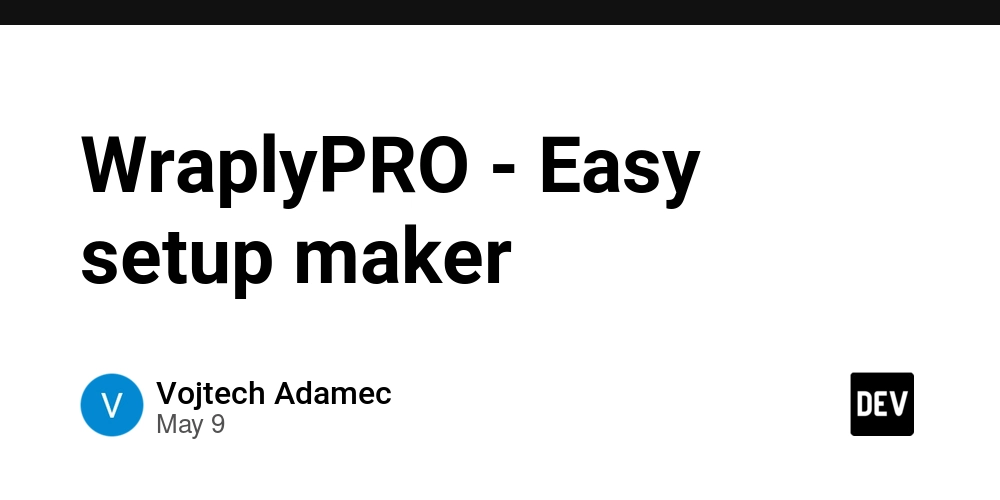

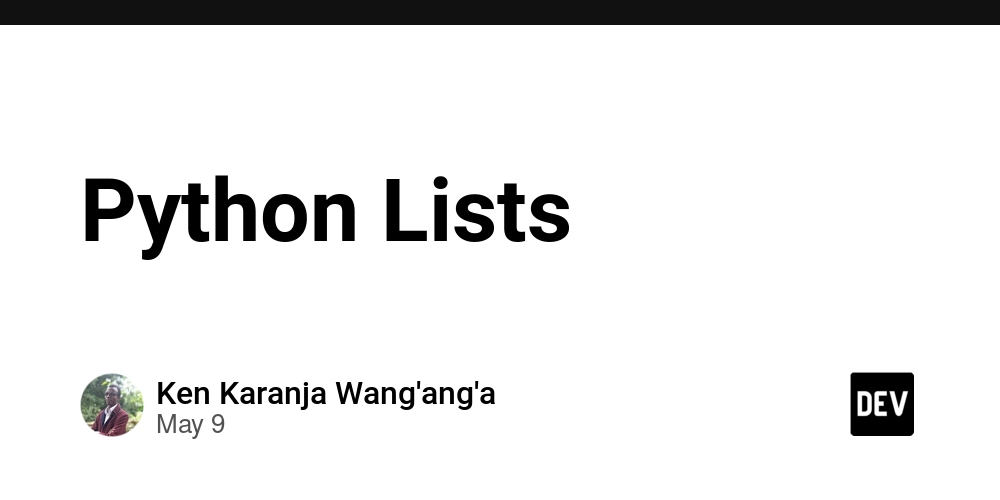




























































.png?width=1920&height=1920&fit=bounds&quality=70&format=jpg&auto=webp#)














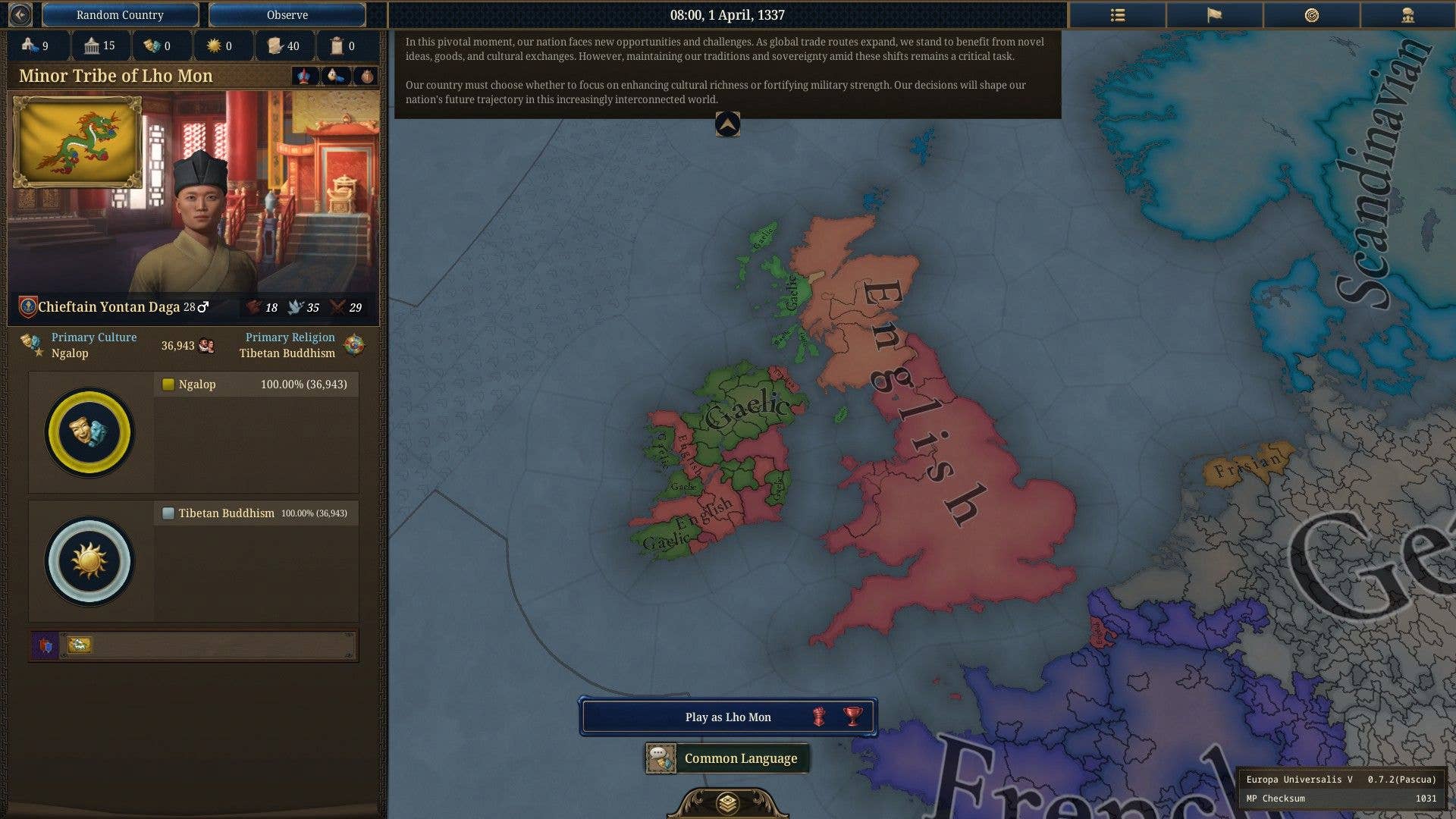















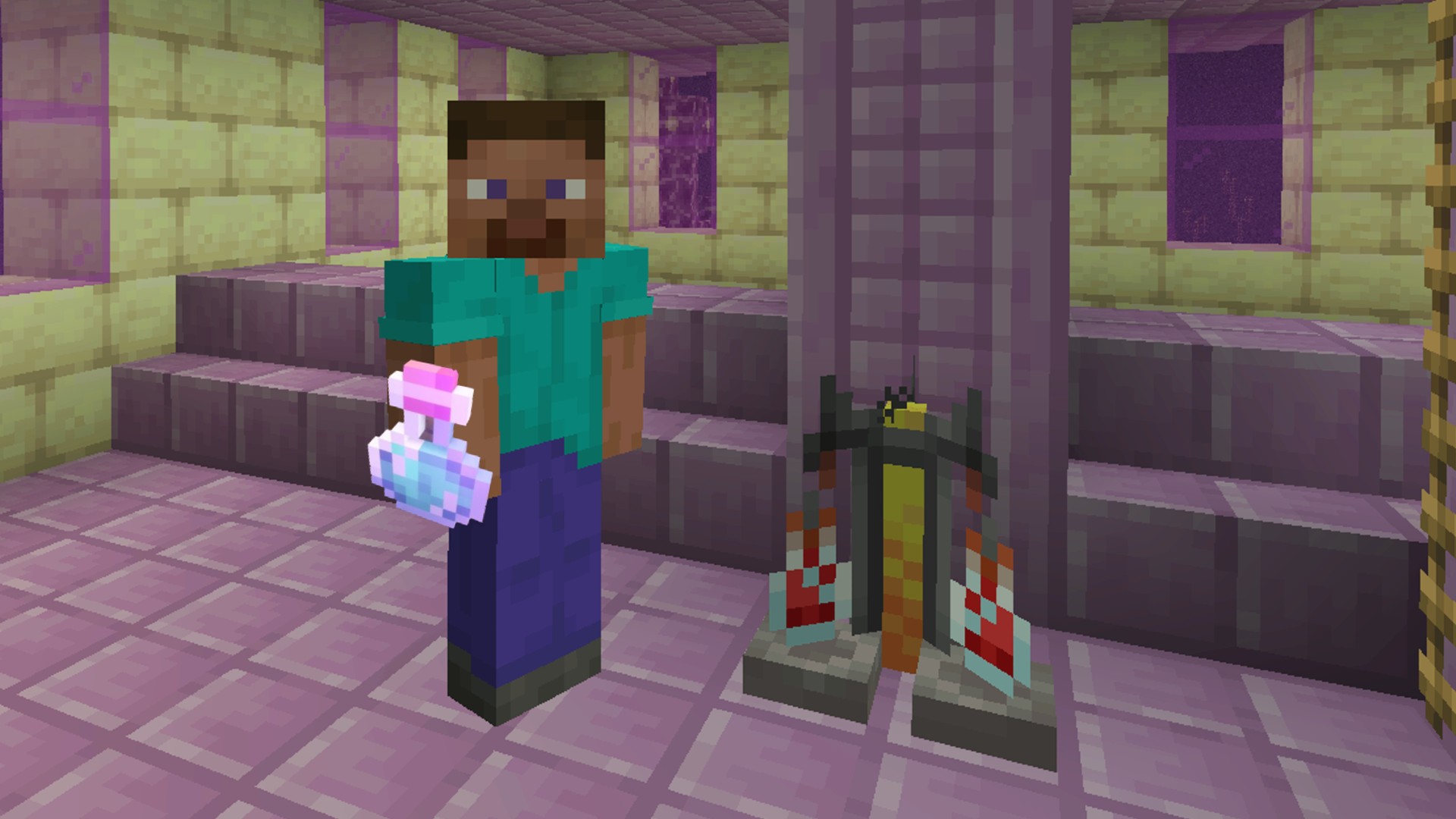
































































_Aleksey_Funtap_Alamy.jpg?width=1280&auto=webp&quality=80&disable=upscale#)
_Sergey_Tarasov_Alamy.jpg?width=1280&auto=webp&quality=80&disable=upscale#)

























































































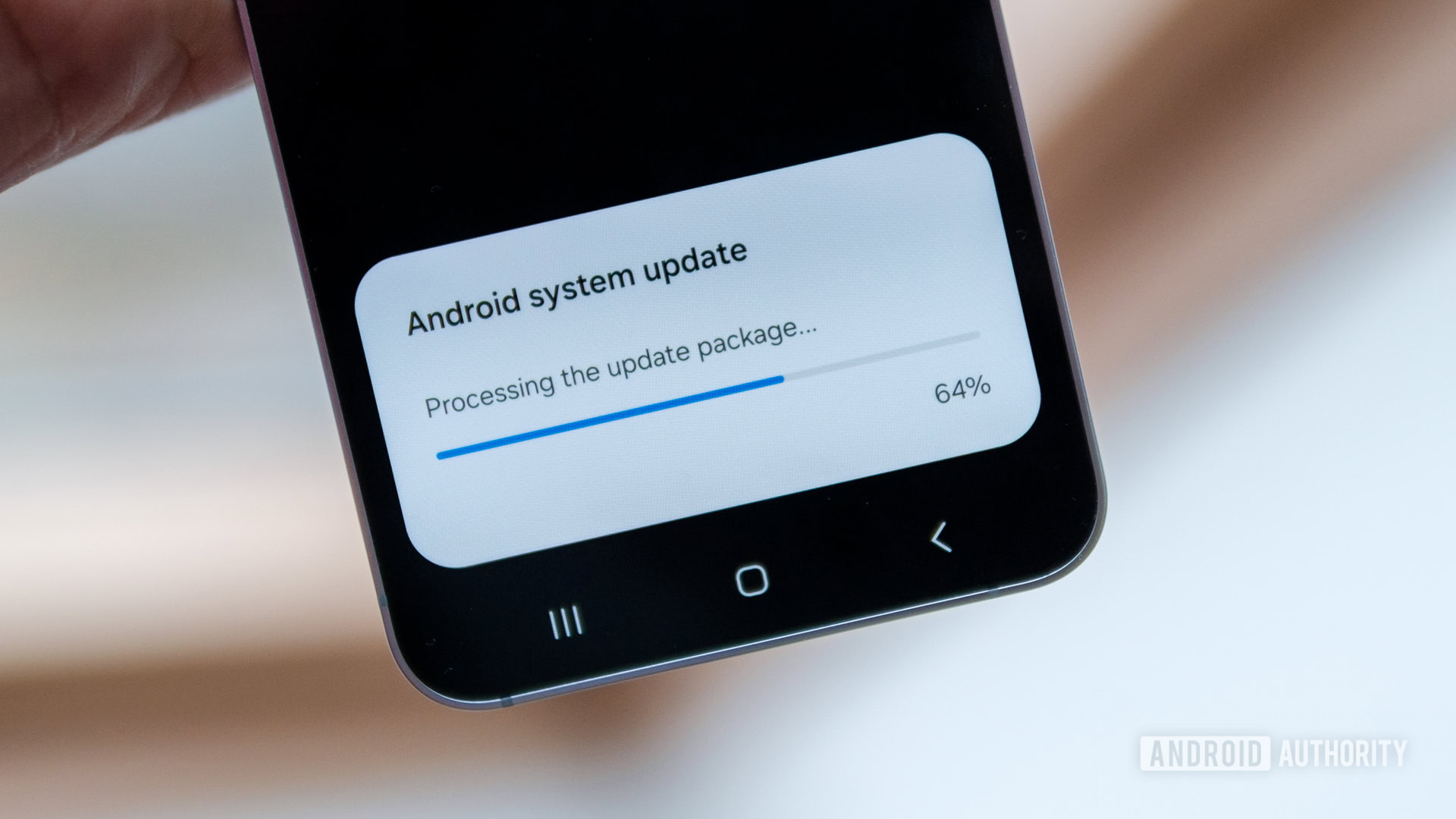





















![Apple Foldable iPhone to Feature New Display Tech, 19% Thinner Panel [Rumor]](https://www.iclarified.com/images/news/97271/97271/97271-640.jpg)
![Apple Developing New Chips for Smart Glasses, Macs, AI Servers [Report]](https://www.iclarified.com/images/news/97269/97269/97269-640.jpg)
![Apple Shares New Mother's Day Ad: 'A Gift for Mom' [Video]](https://www.iclarified.com/images/news/97267/97267/97267-640.jpg)
![Apple Shares Official Trailer for 'Stick' Starring Owen Wilson [Video]](https://www.iclarified.com/images/news/97264/97264/97264-640.jpg)

































































































